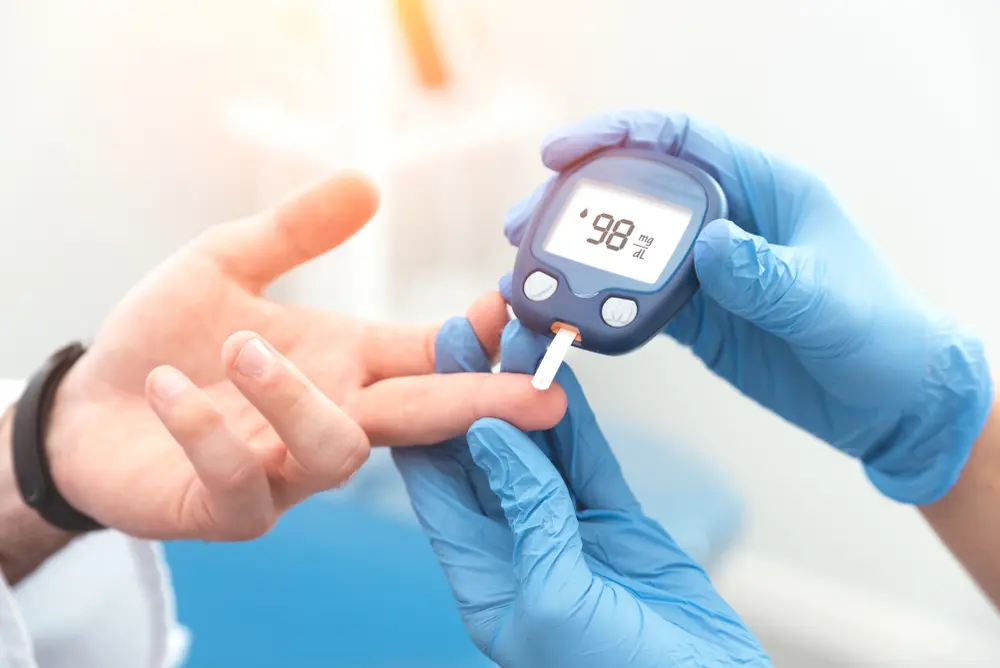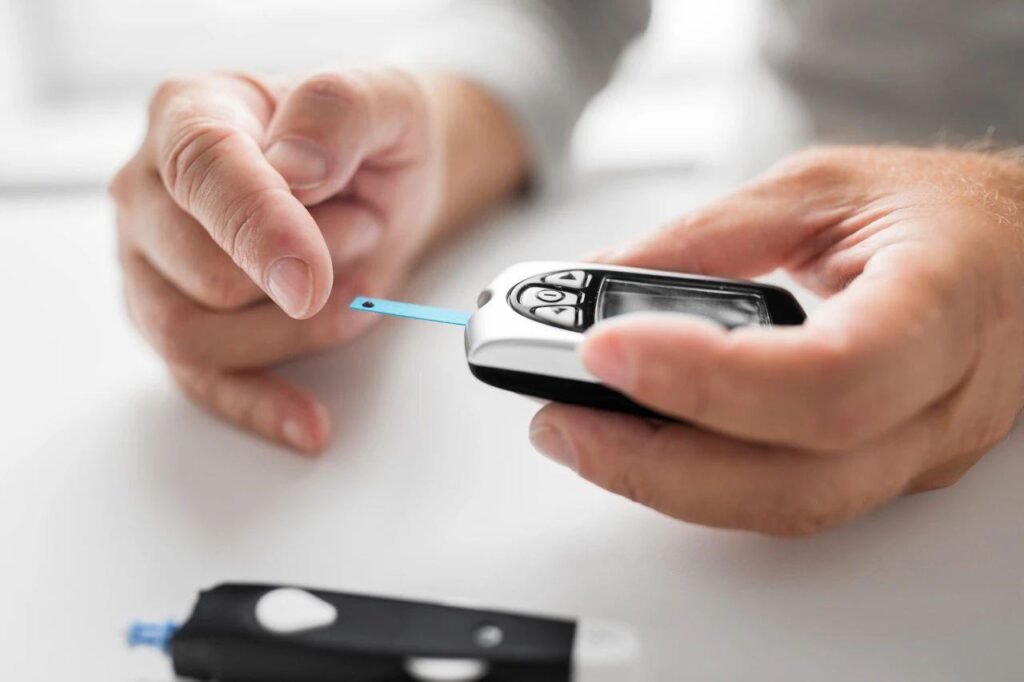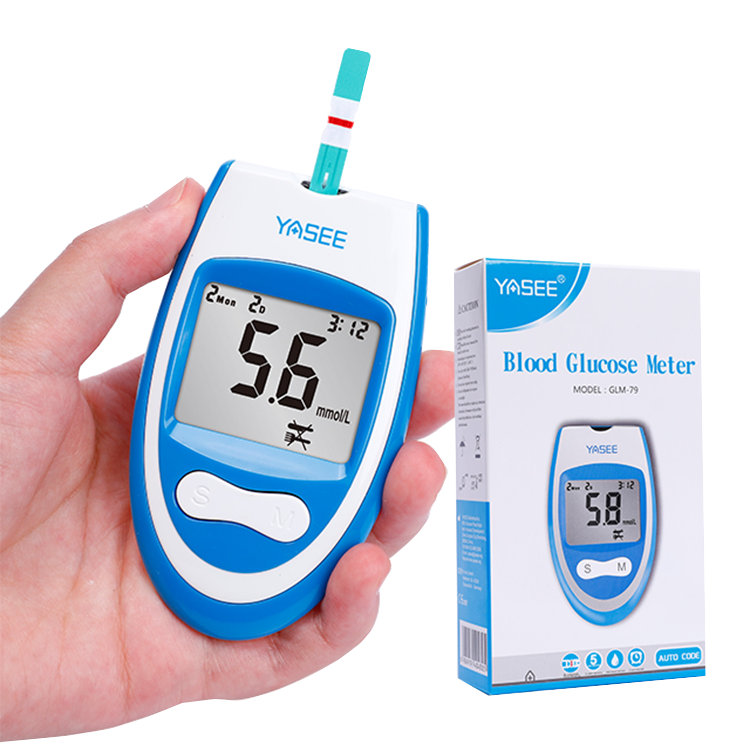Keywords:** Blood Glucose Monitoring, Accuracy, Self-Monitoring, Diabetes Management
Abstract:**
Diabetes is a chronic condition that requires vigilant glucose monitoring for effective management. Accurate blood glucose measurement is essential for avoiding potential hypoglycemia or hyperglycemia events and for guiding healthcare providers in adjusting treatment plans.
- Introduction**
Diabetes affects millions of individuals worldwide, emphasizing the importance of effective diabetes management. Blood glucose monitoring is fundamental in the management of diabetes. - The Basic Principle of Blood Glucose Monitoring**
- Definition and purpose of blood glucose monitoring.
- Different types of blood glucose monitoring methods.
- Factors Affecting the Accuracy of Blood Glucose Monitoring**
- The quality and calibration of blood glucose meters.
- The storage conditions and expiration dates of test strips.
- The correct blood sampling technique.
- The patient’s operational skills and understanding.
- Strategies to Improve the Accuracy of Blood Glucose Monitoring**
- Guidance on the correct use of blood glucose meters.
- Proper storage of test strips.
- Correct blood sampling methods.
- The importance of regular calibration of blood glucose meters.
- Clinical Significance**
- The impact of accurate monitoring on diabetes treatment plans.
- The role of long-term blood sugar control in preventing complications.
- Patient Education and Self-Management**
- The importance of patient education.
- The ability of self-managing blood glucose levels.
- Technological Advances**
- The latest developments in blood glucose monitoring technology.
- The possibilities and advantages of non-invasive monitoring.
- Conclusion**
Summarizing the role of blood glucose monitoring accuracy in diabetes management and the prospects for future technological advancements and patient education.
Body (Partial):**
Diabetes is a global health challenge that necessitates long-term self-monitoring of blood glucose levels. Accurate blood glucose measurement is crucial for managing diabetes effectively, as it helps patients avoid potential episodes of hypoglycemia or hyperglycemia and guides healthcare providers in making informed treatment decisions.
The Basic Principle of Blood Glucose Monitoring:**
Blood glucose monitoring involves regularly testing the blood sugar levels in individuals with diabetes using certain technical methods. This is typically done using a glucometer, a portable device that measures the glucose levels in capillary blood through a small test strip.
Factors Affecting the Accuracy of Blood Glucose Monitoring:**
While modern glucometers are designed to be user-friendly, achieving accurate results requires consideration of several factors, including the calibration of blood glucose meters, the storage conditions and expiration dates of test strips, the correct blood sampling technique, and the patient’s operational skills and understanding.
Strategies to Improve the Accuracy of Blood Glucose Monitoring:**
To enhance the accuracy of blood glucose monitoring, consider the following strategies:
- Ensure the use of properly calibrated glucometers and follow the manufacturer’s guidelines.
- Store test strips according to the packaging instructions, avoiding high temperatures and humidity, and use them within their expiration dates.
- Learn the correct blood sampling techniques to ensure an adequate blood volume and minimize contamination.
- Regularly calibrate glucometers as per the manufacturer’s instructions.
Conclusion:**
Accurate blood glucose monitoring is indispensable for effective diabetes management. As technology advances and patient education strengthens, we can expect further improvements in the accuracy of blood glucose monitoring, thereby enhancing health outcomes for individuals with diabetes.




